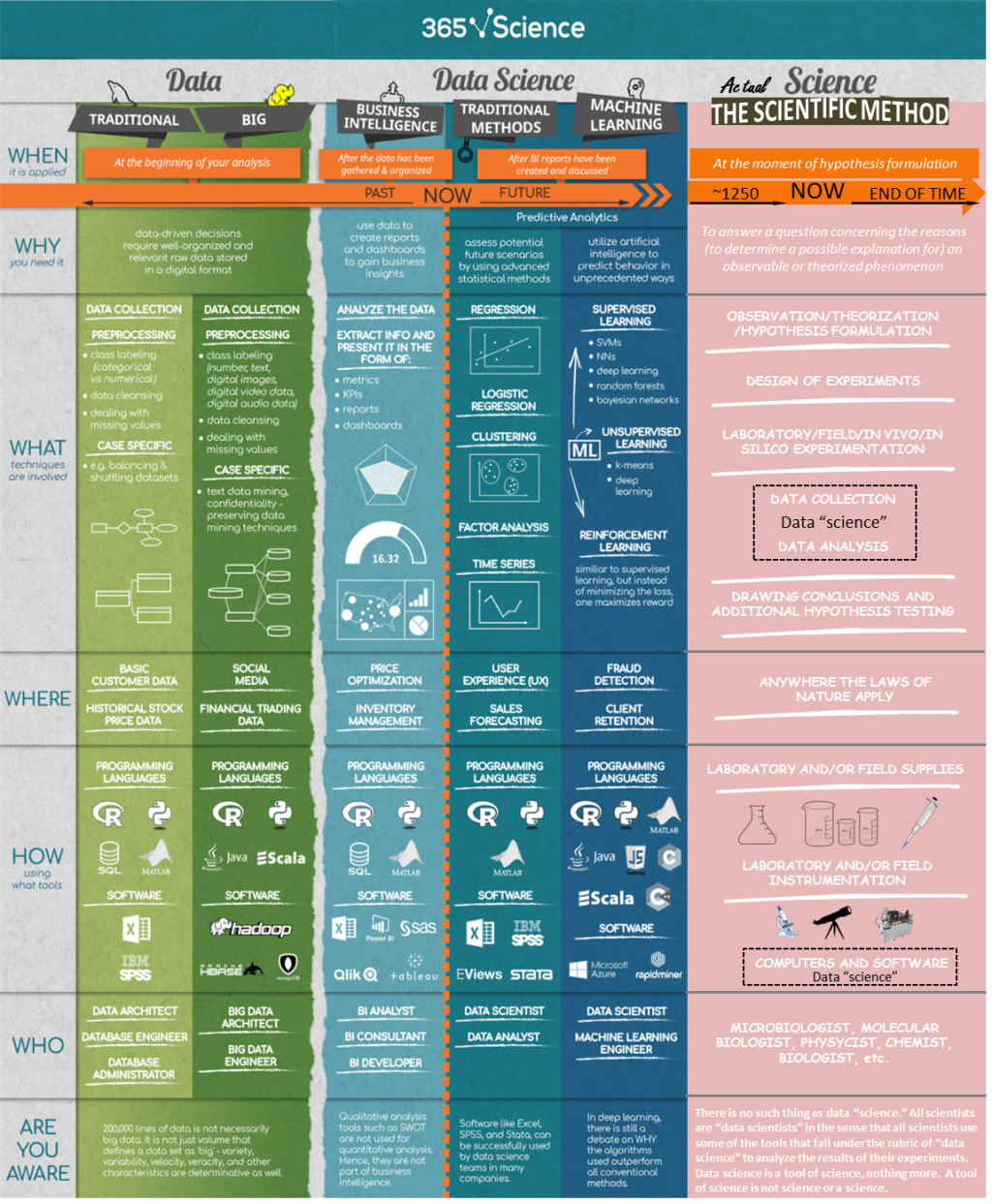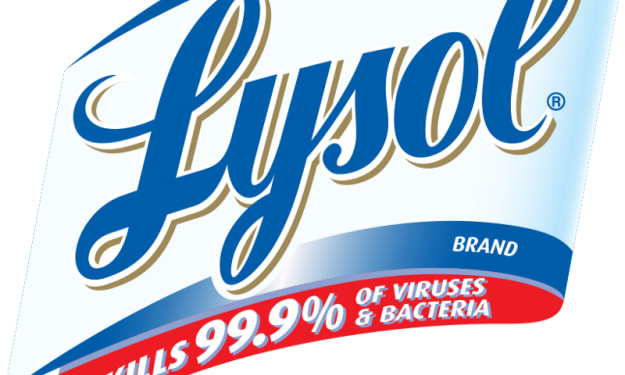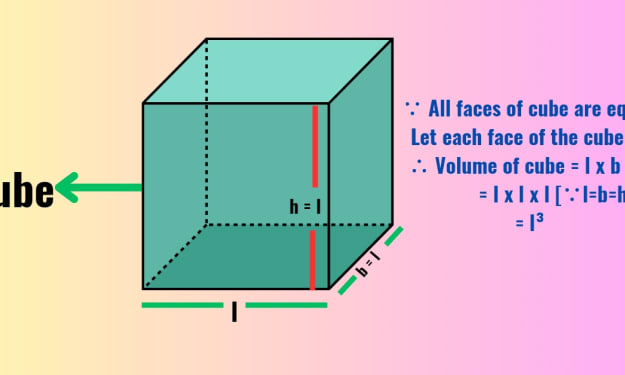Learning Science Continues to Be as Difficult as It Ever Was
The Free Resources Available in the Modern Information Age Are No Substitute for a University Education and Formal Training

Learning Data Science Has Never Been Easier - In the modern age of information technology, there is an enormous amount of free resources for data science self-study
I. Introduction
In this article, I will discuss several resources that might lead you to believe you can become a scientist and/or practice science without formal training or a university degree. In the modern age of information technology, there are an enormous amount of free resources that one might use to learn about a particular topic or field of science through self-study. However, in point of fact no matter the amount or quality of free resources available it is simply not possible to use them, and only them to become a scientist despite the innumerable amount of available resources. This is but one of the many ways in which actual science is very different from data science where it is possible to use such resources to attain mastery, work in the field, and make meaningful contributions.
II. Resources for Science Self-Study
1. Massive Open Online Courses (MOOCs)
The rising demand for data science practitioners has given rise to a proliferation of massive open online courses (MOOC). Some of these are free but most require that you pay a subscription fee ranging anywhere from $50 to $200 per course or more, usually more. While these courses may be sufficient as a basis to learning about and eventual obtaining work in the field of data science they will be less than useless if you wish to become an actual scientist. Do not waste your time or your money. That said as a proud holder of dual nano degrees in machine learning and AI from UdaCity (the fightin Udes!) I wholly endorse their curriculum and approach to higher education. Where else can you get a 1 x 10^–9 fuckin degree for under 5K, and not some lame ass microdegree like you might get at UdeMy or heaven forbid a regular degree like you might get at some lame ass “accredited” university.
2. Learning from a Textbook
This is the classical way to learn the knowledge required to become an actual scientist. In contrast to data science where knowledge of the facts and tools required to work with/manipulate those facts (facts = data, tools = mathematics/statistics/programming etc.) alone is enough to allow one to practice and work in the field, in actual science the knowledge of the facts in a given field is only a tiny part of practicing science in that field. Additionally the tools of the actual scientist include those of the data scientist listed above but also many others including data science itself, or data analysis as scientists more accurately call it. The main difference between the data scientist and the actual scientist however lies not in the knowledge they have, nor in the tools they use but rather in the method employed in deploying that knowledge and using those tools. For the data scientist the method is analysis. Take existing data or collect new data as input, process said data, output other data. For the actual scientist the method is the scientific method. Hypothesis generation, experimentation, data collection, data analysis (data science), draw conclusions, hypothesize again, rinse, lather, repeat. There is no textbook which can teach one how to practice the scientific method. It can only be learned from others skilled in the art and through relentless practice and repetition.
3. Medium
While Medium is now considered one of the fastest-growing platforms for learning about data science, it is possibly one of the worst for learning about actual science. If you are interested in using this platform for science self-study, the first step would be to think again and move on. You will learn very little to nothing about the scientific method and in fact will get a completely erroneous view of what science is actually about since most articles conflate science and data science as basically being the same thing. This is a grave mistake. Save your $50/yr and put it in your college savings account or use it to buy something fun just for yourself. You know what you like and 50 bucks can no doubt buy a shit ton of it. Go crazy.
4. KDnuggets Website
Despite the name KDnuggets is not the website of a KFC/McDonalds hybrid fast food restaurant chain featuring chicken mcnuggets prepared with KFC’s secret blend of spices. It is in fact a leading site on AI, Analytics, Big Data, Data Mining, Data Science, and Machine Learning where you can find important educational tools and resources in data science as well as tools for professional development. What you cannot and will not find are any resources or tools or information that will help you become an actual scientist.
5. GitHub
GitHub contains several tutorials and projects on data science and machine learning. It contains no information on actual science. Pass.
6. LinkedIn
LinkedIn is an excellent platform for networking but it is a terrible platform for learning about science. Use LinkedIn how it was intended to be used, to network.
7. YouTube
YouTube contains several educational videos and tutorials that can teach you the essential math and programming skills required in data science, as well as several data science tutorials for beginners. It also contains many educational videos about various fields of science. Unfortunately, it cannot teach you how to become a scientist. It can teach you how to change a circuit breaker in your house after the damn thing decides to stop working leaving you with a refrigerator full of rotting food. Thanks YouTube and Fuck off General Electric!
8. Khan Academy
Khan academy is also a great website for learning basic math, statistics, calculus, and linear algebra skills required in data science. Contrary to popular belief it is not at all associated with Ricardo Montalban the Mexican-American film and television actor whose career spanned seven decades, during which he worked in a variety of genres, but mostly became known as the guy who loved corinthian leather and rocked a killer old man body in the role of Khan Noonien Singh in Star Trek II: The Wrath of Khan.
III. Sample Curriculum for Introductory Science Self-Study
No such curriculum exists or is possible however some good place to start could be The Logic of Scientific Discovery by Karl Popper
IV. Summary and Conclusion
In summary, we have discussed several resources for science self-study and described how they all fail to provide the required knowledge or skills to become a practicing actual scientist. Oh well, there is always data science.
About the Creator
Everyday Junglist
Practicing mage of the natural sciences (Ph.D. micro/mol bio), Thought middle manager, Everyday Junglist, Boulderer, Cat lover, No tie shoelace user, Humorist, Argan oil aficionado. Occasional LinkedIn & Facebook user






Comments
There are no comments for this story
Be the first to respond and start the conversation.